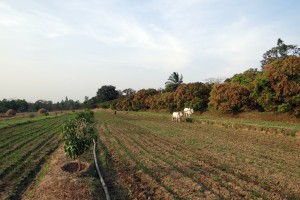
 By Dr. Rajendra Singh*
By Dr. Rajendra Singh*
A farmer is the actual producer. Other producers merely convert one product form to another.
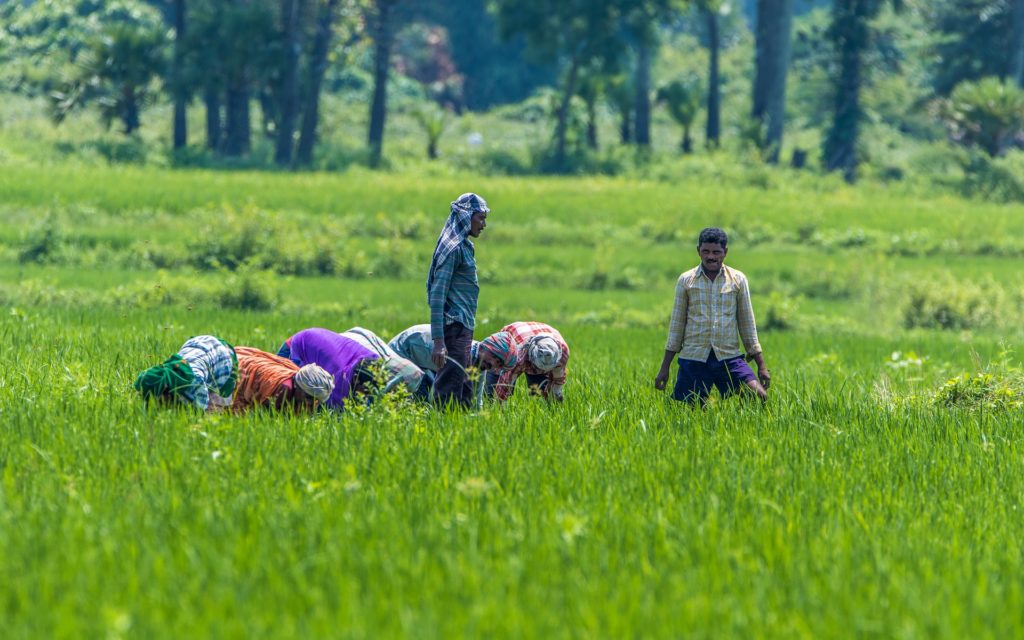
It is the farmer who sows a seed from which spring many seeds that feed us and allow for further sowing. This cycle continues.
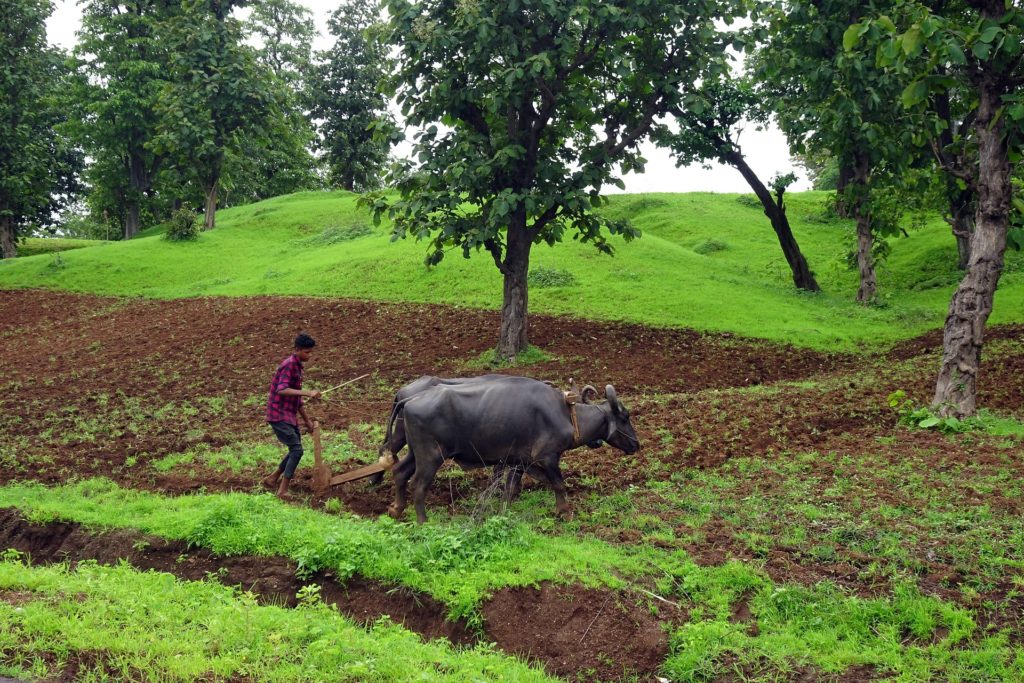
The farmer takes care of Mother Earth, tilling the land and getting the soil ready. He/she then sows seeds and nurtures it so that it germinates and grows.

In fact he nurtures the land, humanity and biodiversity.
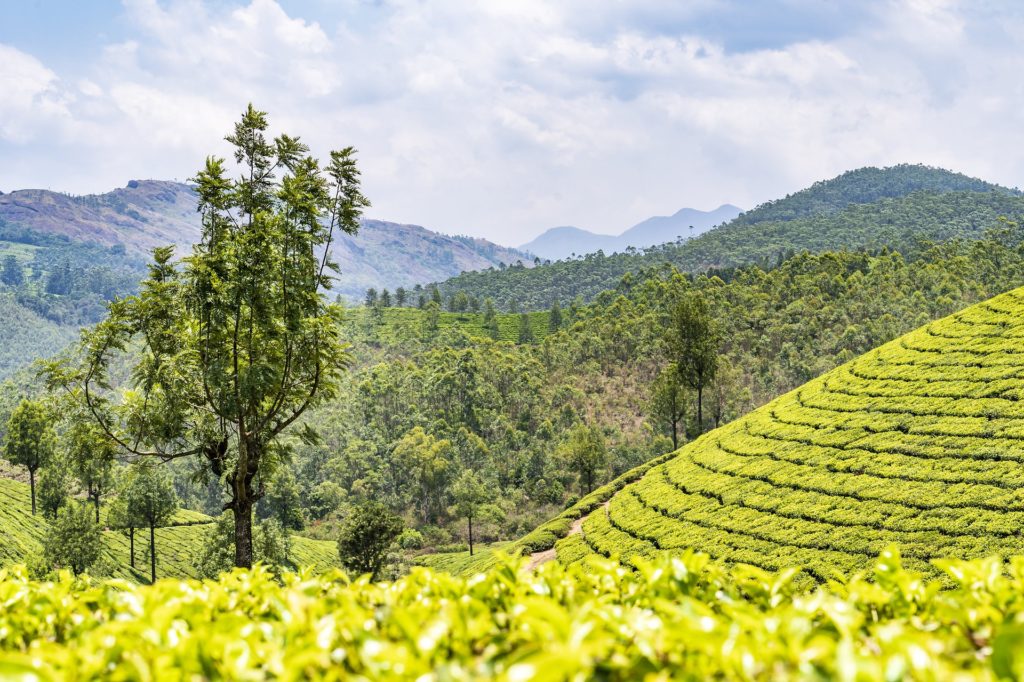
This effort of the farmer should be considered his valuable contribution towards maintaining and generating the ecology. Toiling, the farmer nurtures the ecosystem.
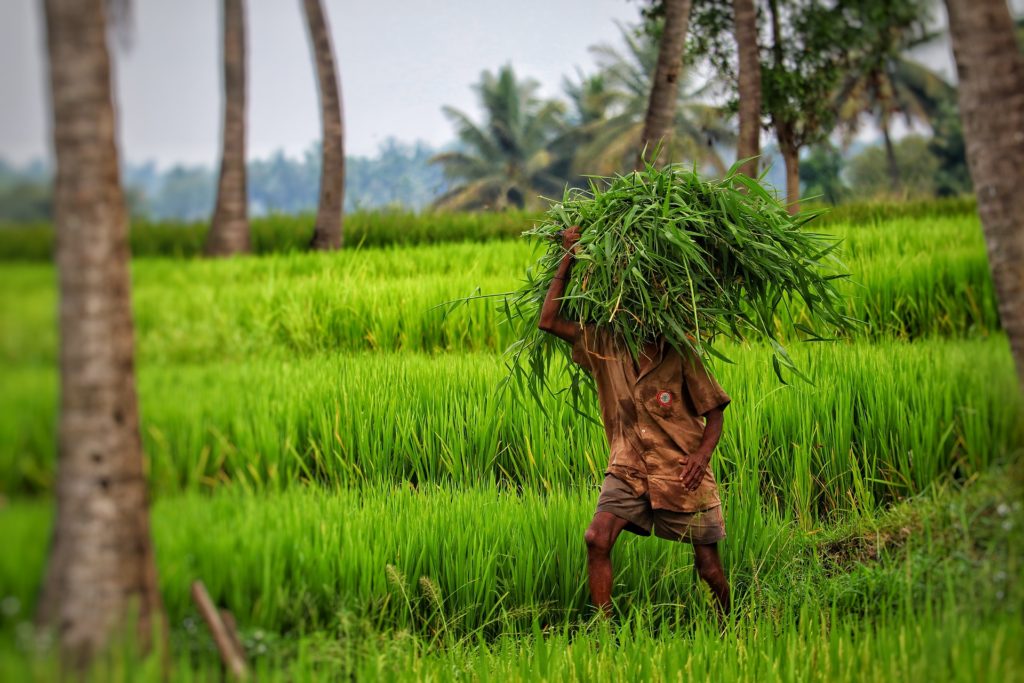
It is for this hard work that the farmer needs fair returns. But have these efforts by the farmer ever been recognised or costed? More so, in the price that he/she is paid for the produce?
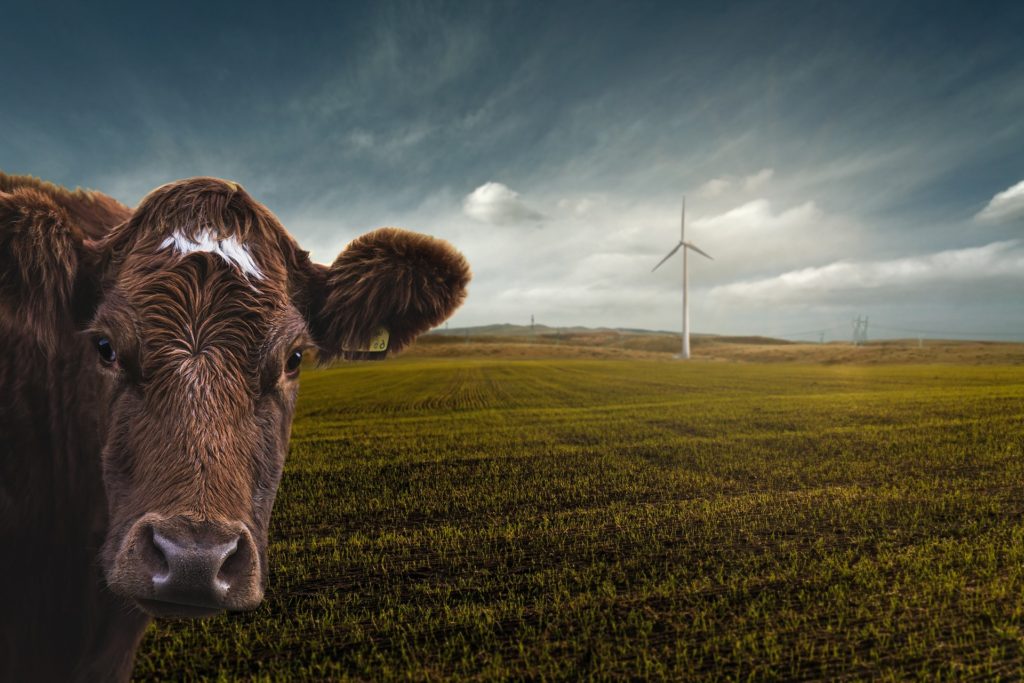
Agriculture has the ability to absorb carbon dioxide and other harmful gases and give out life- supporting oxygen, thereby contributing towards healing the earth and its resources. This is one of the greatest contributions towards maintaining the ecosystem: A healthy ecosystem is what keeps us all alive.

But on the contrary, it is industrialised farming that has resulted in pollution and heavy use and extraction of resources.
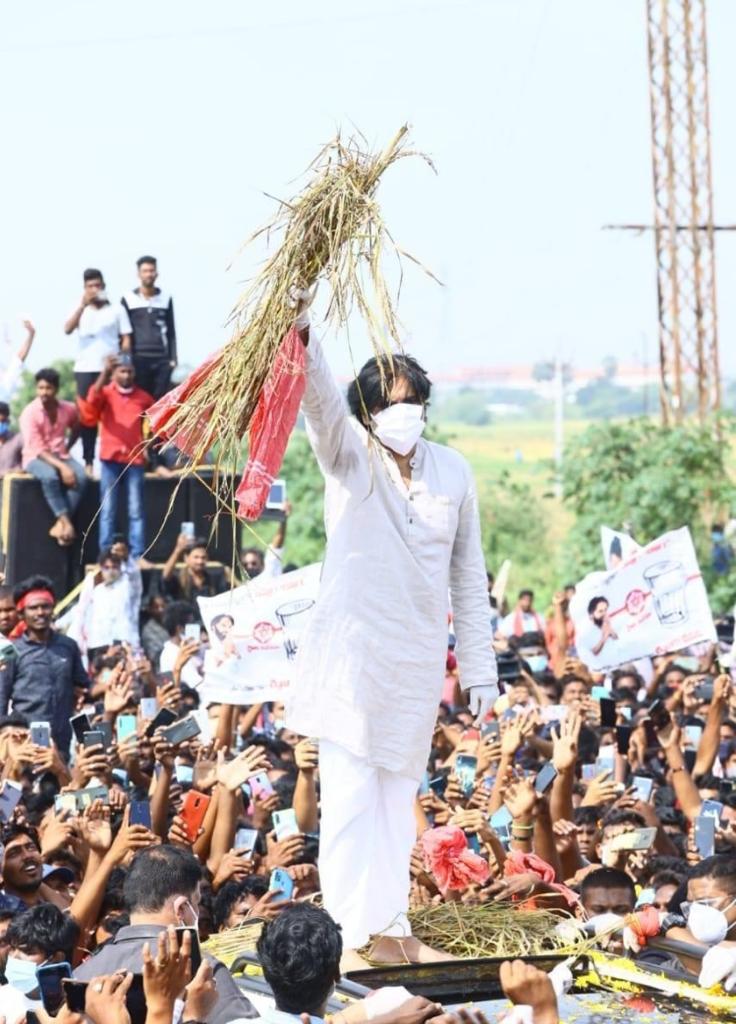
Helpless, today the farmer is out in the streets asking for merely what is due because of the food that his/her efforts produce, for his livelihood services and our food security. So far, demanding compensation for the farmer’s contribution towards maintaining and nurturing ecosystems have been few and far between. The day the farmers ask for their contribution towards ecosystem services, what will happen?
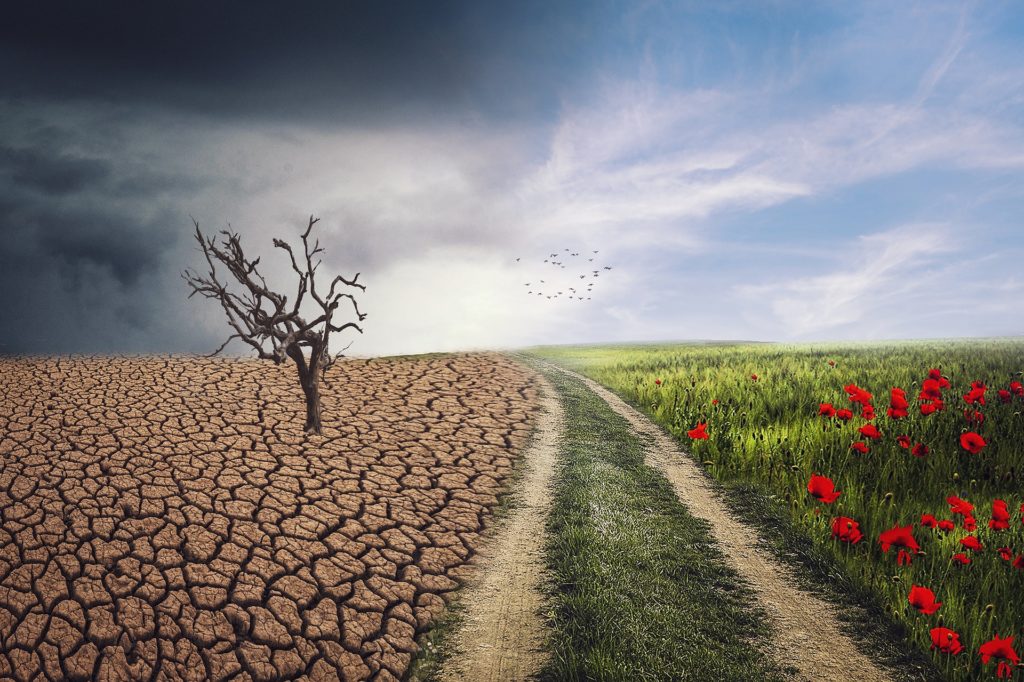
Farmers serve ecosystems, which serve us all. The day the farmer is compensated for this free service is the day that I will admit that my great country has started moving on the road of sustainable and equitable, even eternal development. Until this happens, the notion of self-independence and self-reliance has no meaning. If the farmer becomes self-reliant, he/she will bring about gram swarajya (village independence), and in the process make the country atmanirbhar.

It should be recalled here that Bapu Mahatma Gandhi, in the interest of gram swarajya (village self-rule) and gram swavalamban (village self-reliance) spun the charkha to stop the loot by companies in Manchester. It is this charkha that played a pivotal role in sending the East India Company out of this country. His vision was to have village independence after Colonial rule. The Constitution also has provisions for this. Unfortunately, successive governments and markets have prevented this from happening.
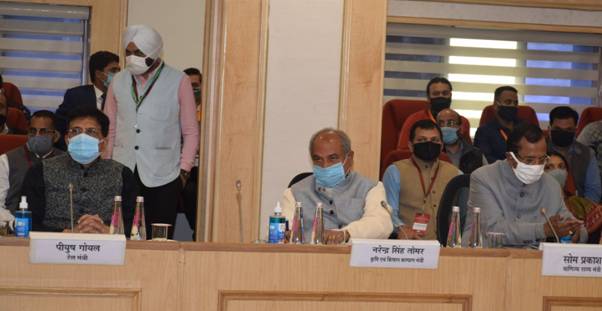
If governments, politicians and officials work together, it is possible to help farmers get their due for their service to ecology. Today, for all his/her efforts, a farmer is poorly compensated. Children belonging to labour and farmer families are bereft of education and healthcare. It is simply unaffordable for them. Is this the road to atmanirbhar India or Bharat?

Farmers’ fields offer glimpses of biodiversity. In our farm field at Tarun Bharat Sangh ashram, some 200 peacocks destroy our crops. When we shoo them away they perch themselves on trees. We just let them do what they want to do.

Monkeys, neelgais, boars, all come to our field, and while they destroy some of the crop, this is what keeps them alive. Panthers and other animals form the nearby Sariska forests kill our dogs and cattle. This is a regular feature in the summer. Women and men watching over the fields are also injured, even killed.
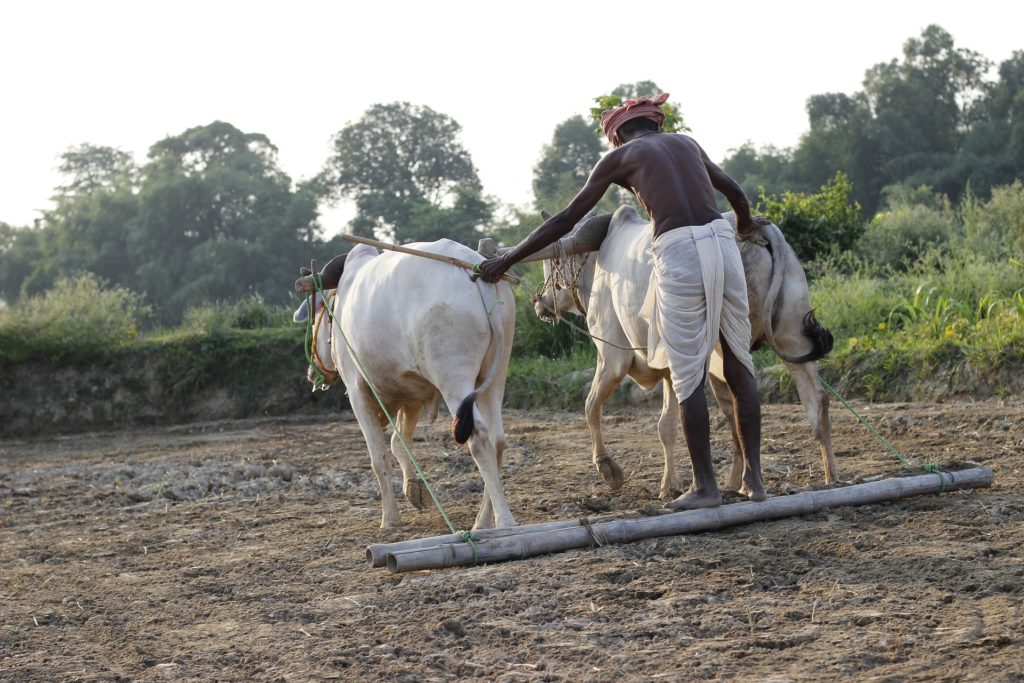
I am sharing this because against all odds, a farmer cultivates crops.
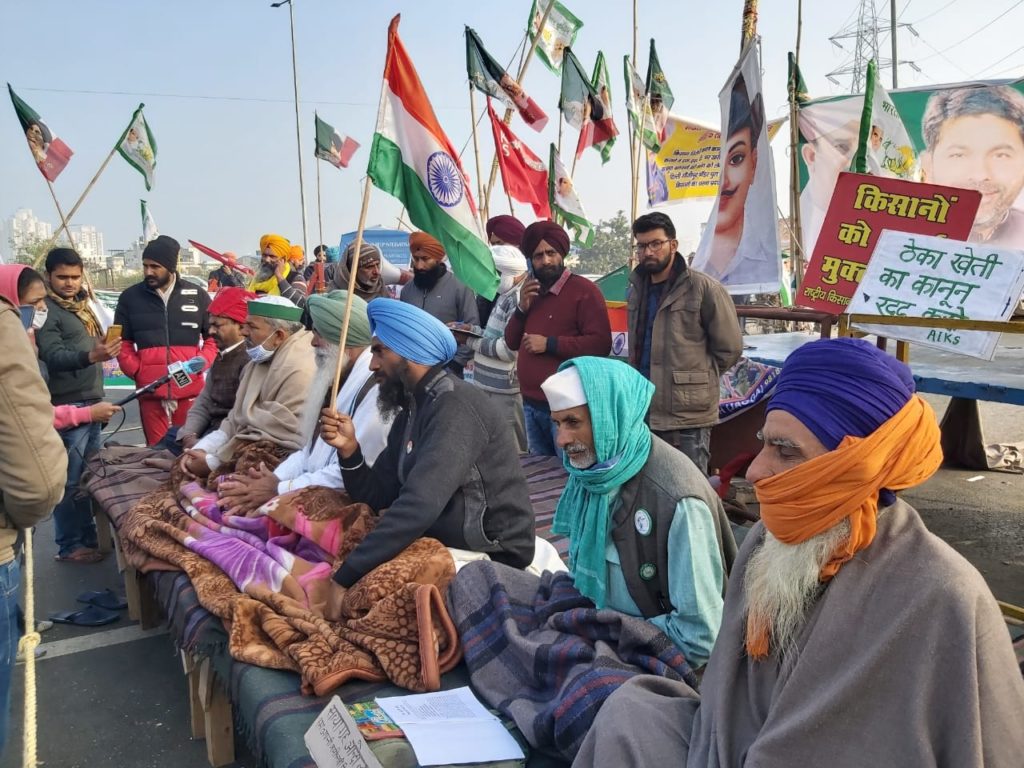
All they are asking for is a just price, and for this, they have no option but to peacefully and non-violently protest. They are spending their nights and days on the streets of Delhi and its border areas, in the bitter and biting December cold.
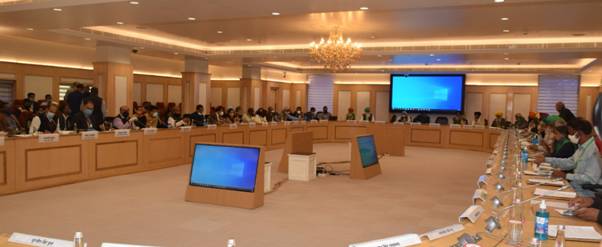
Till writing this, there have been five rounds of discussions between the farmers and the government. The demands of the farmers are simple: Scrap the three farm laws that were passed in an undemocratic manner. These laws have been formulated so that the farmers are looted by a few big corporates. There is no need to prolong discussions and delay this decision.
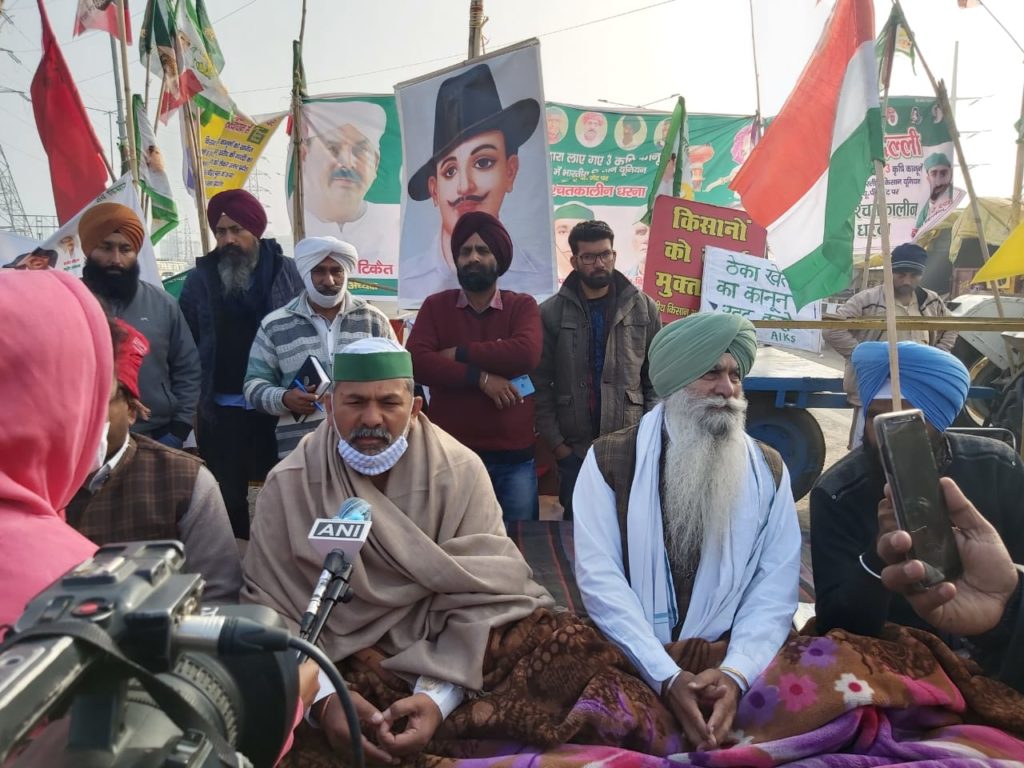
Delay will lead to bitterness, and more difficulties faced by the farmers, the people and the government. A quick decision to scrap these laws will go in favour of the government, which currently appears to be adamant and anti-farmer.
In keeping with their nature, farmers have adopted a non-violent way for protesting, for themselves and for the country. The government needs to respond in the same manner – for what is good for the country.

The world over, efforts have begun to link the ecosystem services provided by farmers and remunerate them accordingly, taking these services into account. Laws were formed in consultation with the farmers themselves. This is what the Government of India needs to do.
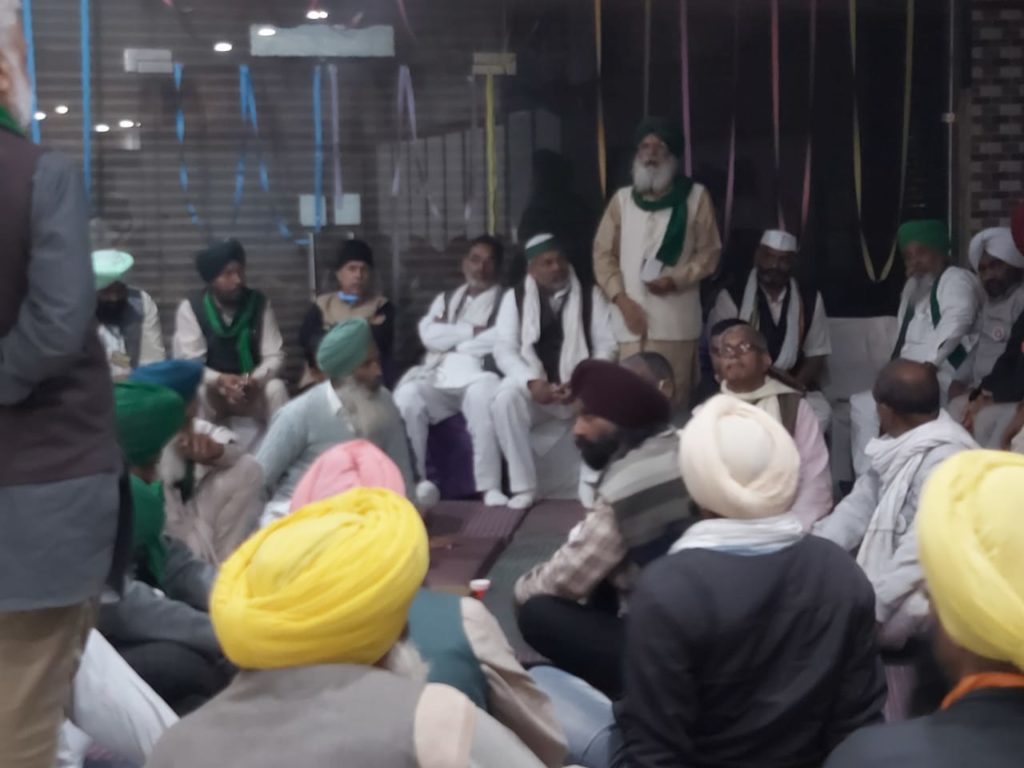
It’s high time that the government agrees to the farmers, so that they can go home, relieved and get back to their fields. Farmers feed us all. They came to Delhi just after sowing. Their fields and crops are being affected. If their crops fail, there will be loss all: Timely scrapping of the laws will be beneficial for all.
*The writer is a well known water conservationist. The views expressed here are personal.





Nice read, I just passed this onto a colleague who was doing a little research on that. And he just bought me lunch as I found it for him smile Thus let me rephrase that: Thanks for lunch!
I really like and appreciate your article post.Thanks Again.
Thanks for sharing, this is a fantastic blog post.Much thanks again. Keep writing.
Respect to post author, some fantastic information